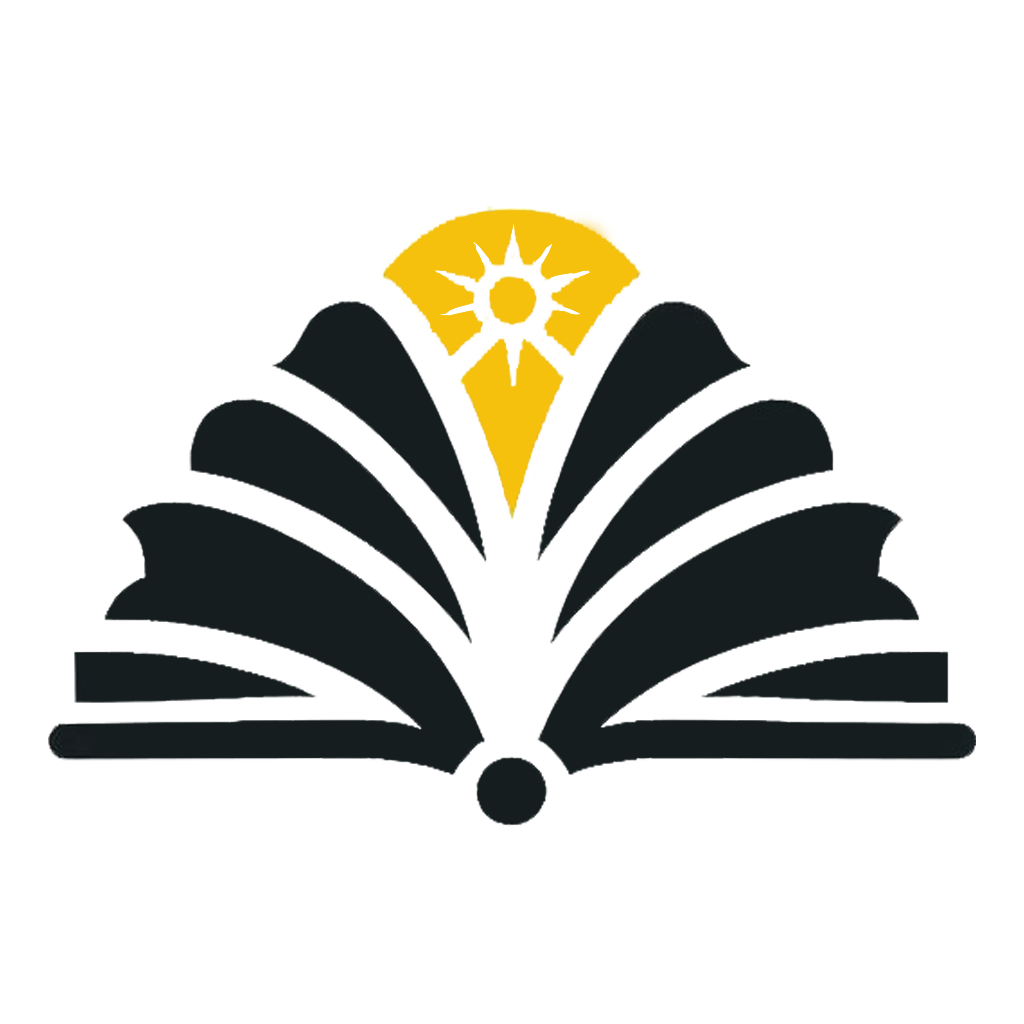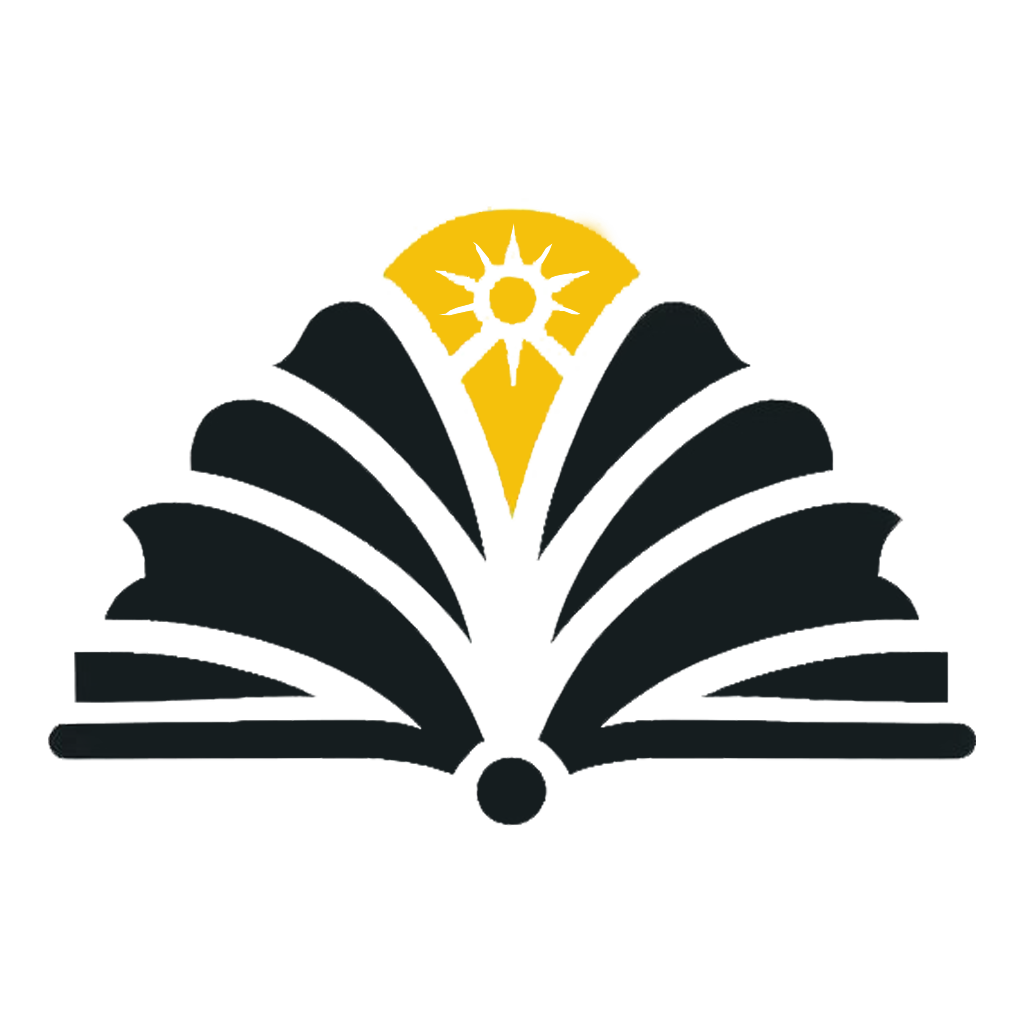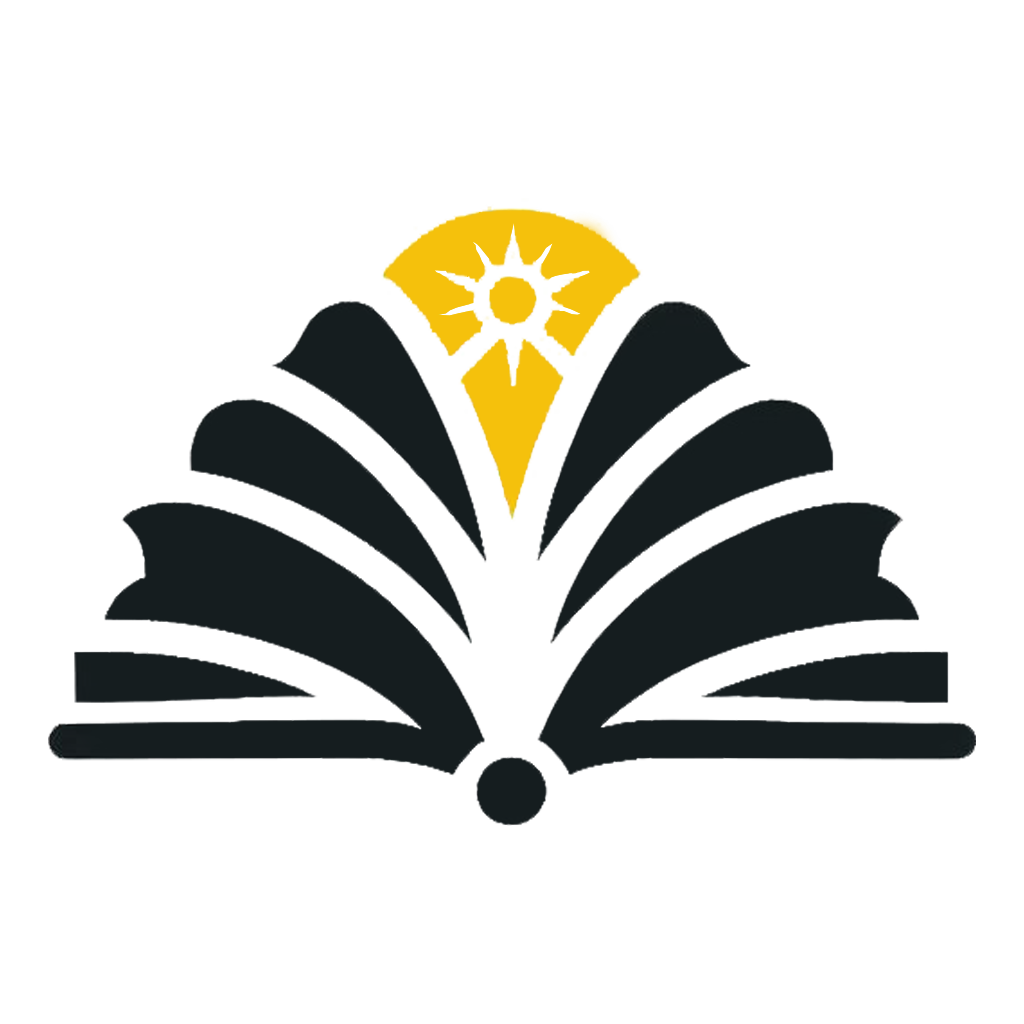The Rich Tapestry of Kurdish Literary Tradition
Kurdish literature represents a vast and diverse body of work that spans centuries, reflecting the cultural, historical, and linguistic richness of the Kurdish people. From ancient oral traditions to modern novels, Kurdish literature has evolved and adapted, serving as a vital medium for preserving Kurdish identity and expressing the aspirations, struggles, and triumphs of the Kurdish nation.
Key Aspects of Kurdish Literature
- Rich oral tradition of epic poetry and folklore
- Classical period marked by influential poets and mystics
- Modern era characterized by diverse genres and themes
- Literature as a tool for cultural preservation and political expression
- Influence of different Kurdish dialects on literary styles
Timeline of Kurdish Literature
Pre-Islamic Era (Before 7th century)
Oral traditions, including epics and folk tales, form the foundation of Kurdish literature.
Early Islamic Period (7th-10th centuries)
Kurdish literature begins to be influenced by Islamic themes and Arabic script.
Classical Period (10th-19th centuries)
Emergence of great Kurdish poets and development of distinct Kurdish literary styles.
Modern Era (Late 19th century-Present)
Rise of modern literary forms, including novels, short stories, and contemporary poetry.
Oral Tradition and Folklore
The foundation of Kurdish literature lies in its rich oral tradition, which includes:
- Epics: Long narrative poems recounting heroic deeds and historical events, such as the famous "Mem û Zîn"
- Folktales: Stories passed down through generations, often containing moral lessons and cultural wisdom
- Proverbs and Riddles: Short, pithy sayings that encapsulate Kurdish wisdom and humor
Classical Kurdish Literature
The classical period of Kurdish literature saw the emergence of great poets who wrote in various Kurdish dialects. Some notable figures include:
Excerpt from "Mem û Zîn" by Ehmedê Xanî
"I have not written this for the sake of praise
I have not designed this for the sake of reward
I have fallen in love with my heart and soul
I have made a promise to my nation"
Modern Kurdish Literature
The late 19th and 20th centuries saw significant developments in Kurdish literature:
- Emergence of Modern Poetry: Poets like Pîremêrd (1867-1950) and Goran (1904-1962) introduced new forms and themes to Kurdish poetry.
- Rise of the Novel: The Kurdish novel emerged in the mid-20th century, with works like "Janî Gel" (The People's Agony) by Ibrahim Ahmed.
- Short Stories: Authors like Hejar (1920-1990) popularized the short story format in Kurdish literature.
- Political and Social Themes: Modern Kurdish literature often addresses themes of national identity, political struggle, and social change.
Contemporary Kurdish Literature
Contemporary Kurdish literature is characterized by its diversity in form and content:
- Diaspora Literature: Kurdish writers in exile have contributed significantly to the development of modern Kurdish literature.
- Women's Voices: Female Kurdish authors like Mehabad Qaradaghi and Choman Hardi have gained prominence, addressing gender issues and social themes.
- Experimental Forms: Some contemporary Kurdish writers are exploring new literary techniques and styles, blending traditional and modern elements.
- Multilingual Works: Some authors write in multiple languages, reflecting the multilingual reality of many Kurdish communities.
Challenges and Preservation
Kurdish literature has faced several challenges throughout history:
- Political repression and bans on Kurdish language and literature in some countries
- Limited publishing and distribution opportunities
- Lack of standardization across Kurdish dialects
- Competition with dominant languages in respective regions
Despite these challenges, efforts to preserve and promote Kurdish literature include:
- Establishment of Kurdish language institutes and cultural centers
- Digital archiving of Kurdish literary works
- Translation of Kurdish literature into other languages
- Literary festivals and awards celebrating Kurdish writing
Did You Know?
The Kurdish poet Sherko Bekas (1940-2013) was nominated for the Nobel Prize in Literature in 2007, bringing international attention to Kurdish poetry.
Conclusion
Kurdish literature, with its rich history and diverse forms, continues to play a crucial role in preserving Kurdish culture and identity. From ancient oral traditions to contemporary experimental works, Kurdish literature reflects the resilience, creativity, and aspirations of the Kurdish people. As Kurdish writers continue to push boundaries and explore new themes, Kurdish literature remains a vibrant and evolving field, contributing to the global literary landscape.



